July 2017
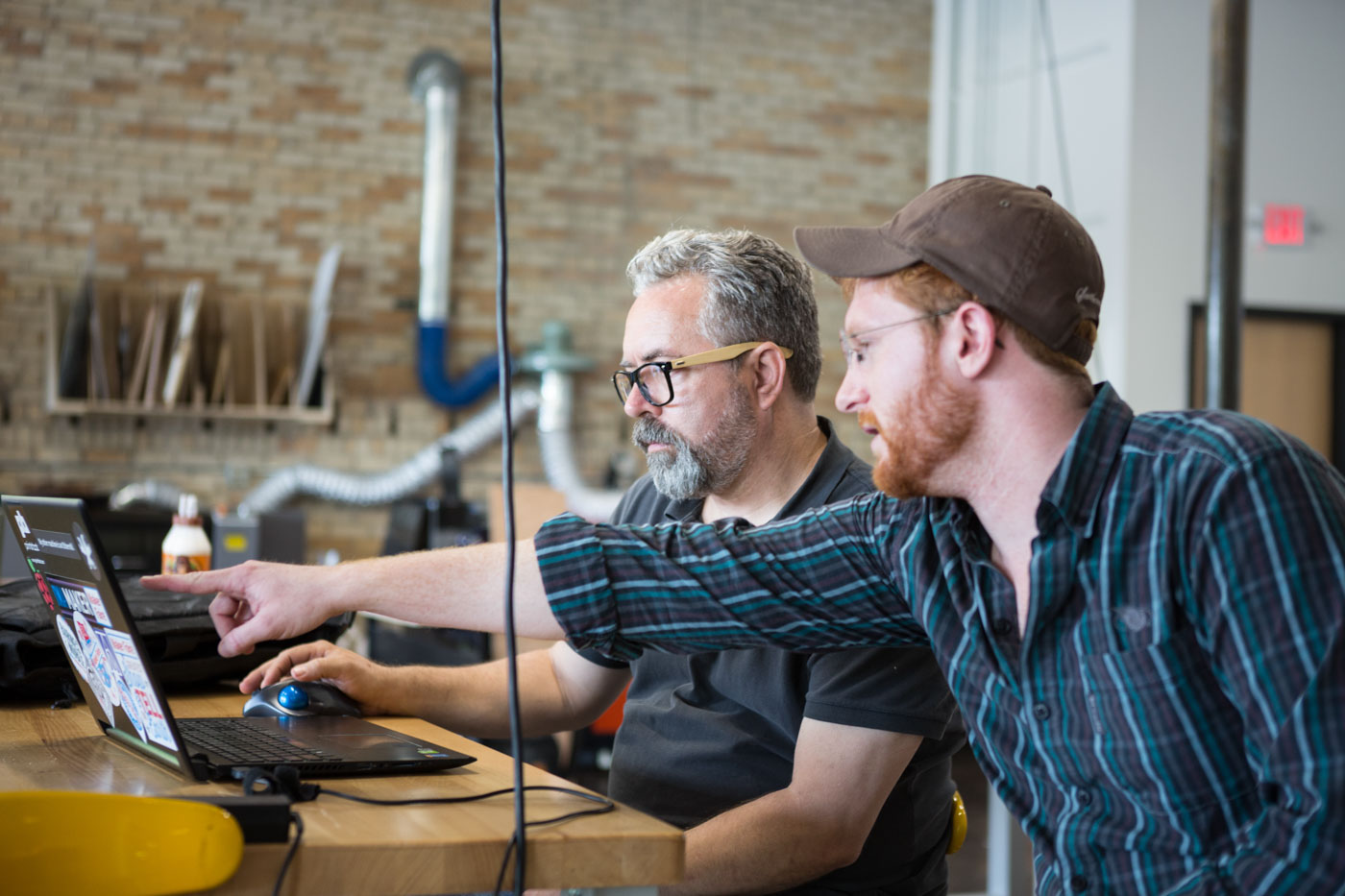
Breaking New Ground
July 28, 2017
Joel Gordon grew up in North Little Rock and remembers a time when its downtown area — dubbed Argenta — was “the area of town that you tried not to be caught in.” These days, though, Argenta is “absolutely blooming.” Gordon, now the executive director of the Innovation Hub at Winrock International, is seeing the […]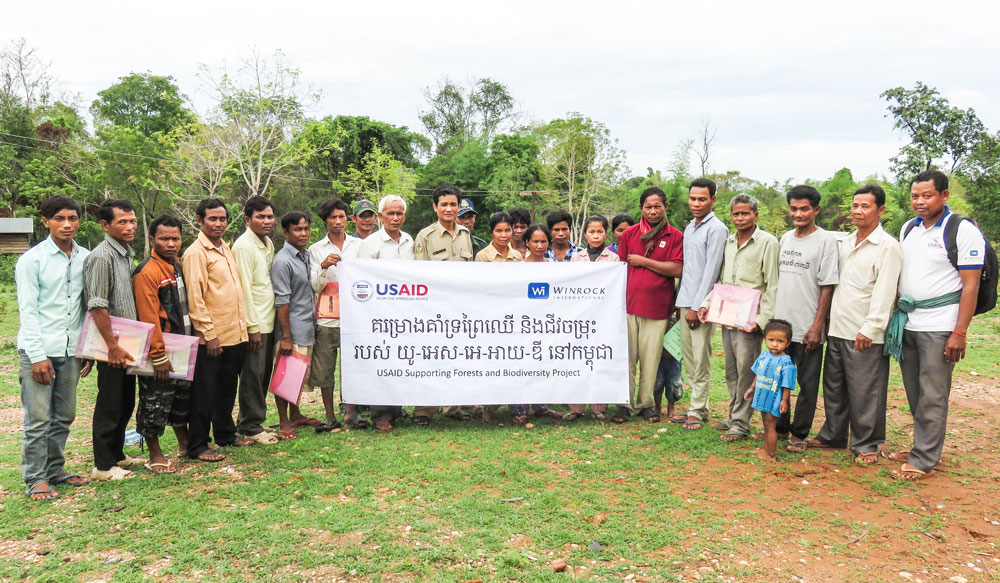
‘We Protect the Forest as We Protect Our Lives’
July 24, 2017
Mrs. San Vansen is 55 years old and has five children. She is the deputy chief of Ent Chey Community Forest Management Committee (CFMC), Sambor District, Kratie Province. Vansen (pictured above, yellow shirt, center) helps lead 222 community forest members, almost half of whom are women, in the struggle to protect their forest. Vansen has […]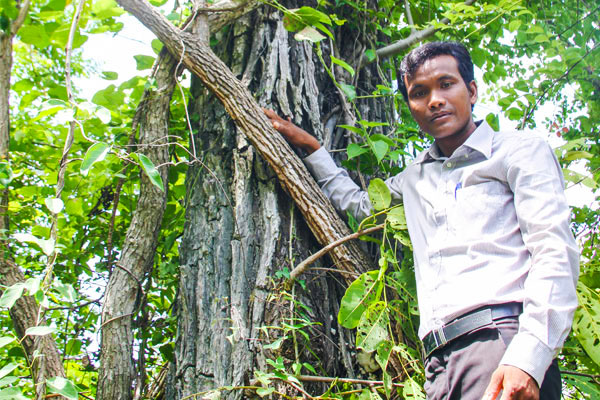
Views from the Forest
July 11, 2017
Sao Sam Art was born in 1980 in Thalaborivath District, Stung Treng Province. He became chief of the Phnom Prasat Community Forest Management Committee (CFMC) in 2009, and is also deputy-chief of Anlong Svay Village and a secretary of the Stung Treng Provincial Community Forestry Network. Through the USAID Supporting Forests and Biodiversity Project (SFB), […]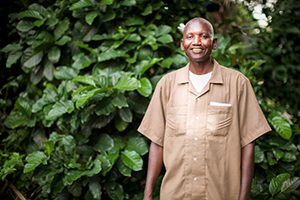
One Man’s Fight for Girls’ Education
July 7, 2017
South Sudan gained independence on July 9, 2011, but the nation still struggles. More than 3.5 million people have been displaced, 5.5 million are severely food insecure and more than 1 million are acutely malnourished, according to the U.N.’s May 2017 Development Report. In honor of the world’s newest nation, we revisit a project that […]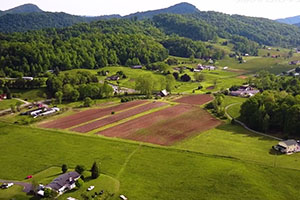
Keeping the Farm in the Family
July 6, 2017
Meet Robin Robbins. She’s on a mission to keep her farm in the family. CNN featured Robbins and the Appalachian Harvest food hub on a recent CNN report. Winrock’s Wallace Center is a longtime supporter of Appalachian Harvest, currently via Wallace Center’s Food LINC initiative.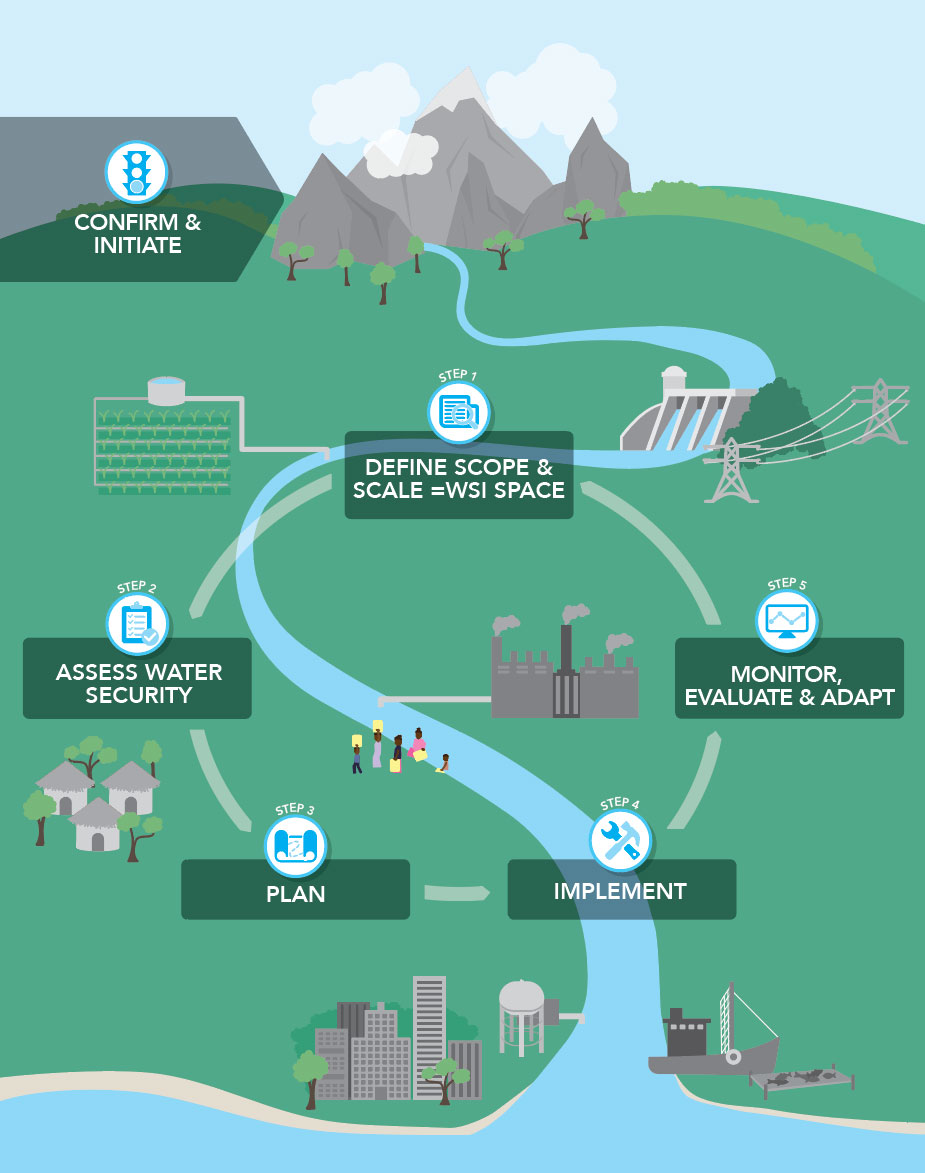
What is the Water Security Improvement Process?
July 5, 2017
Improving water security means empowering everyone — water managers and users, businesses, and citizens — to regularly assess and address water risks. By collaborating with communities, we can negotiate project activities which will best reduce negative effects of a particular area’s primary water risks. The Sustainable Water Partnership’s Water Security Improvement (WSI) process relies heavily […]
Introducing the Sustainable Water Partnership
July 5, 2017
Water is the source of all life, central to human growth and survival. For thousands of years, people have settled near rivers, lakes and streams not only to drink and cook and wash, but also because water is essential for trade, agriculture and development. Water is power. When civilizations develop ways to harness, preserve and […]
Sustainable Water Partnership to Appear at World Water Week
July 3, 2017
The Sustainable Water Partnership (SWP) will host a showcase at World Water Week (August 27-September 1) in Stockholm, Sweden. This global annual conference, organized by Stockholm International Water Institute (SIWI), acts as a focal point for water experts, decision-makers, businesses and thought leaders concerned with water issues. This year’s theme is “Water and Waste – […]